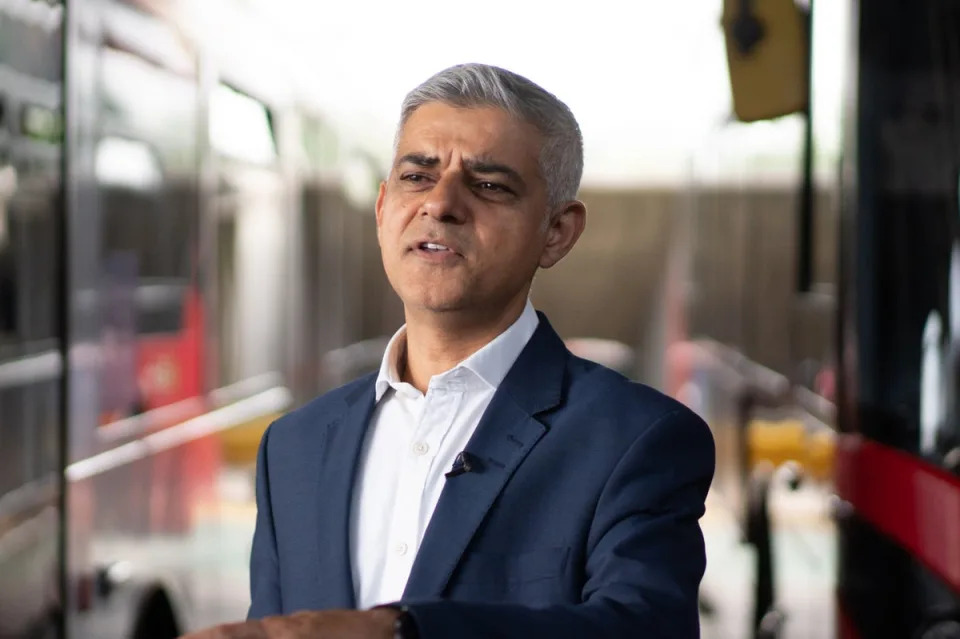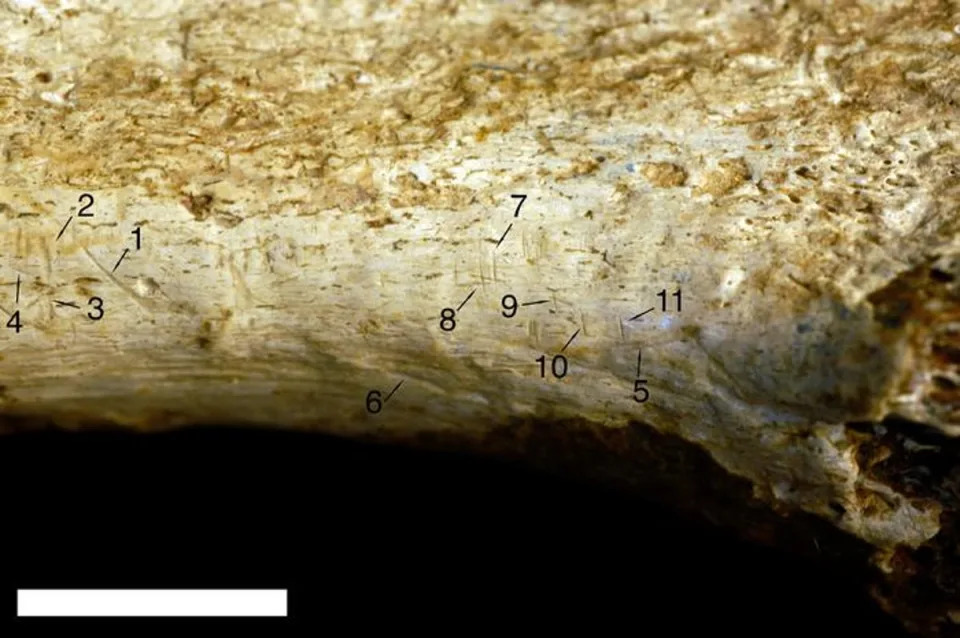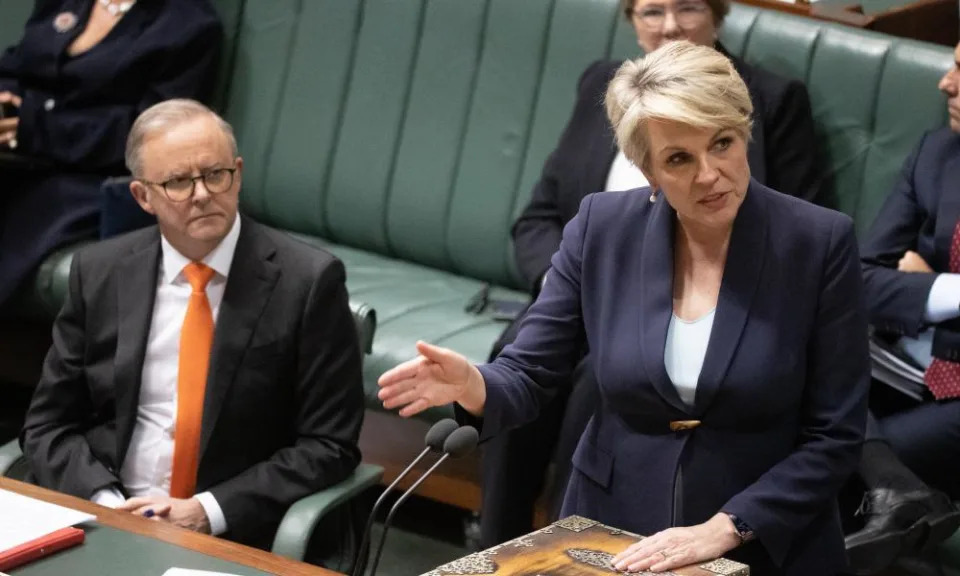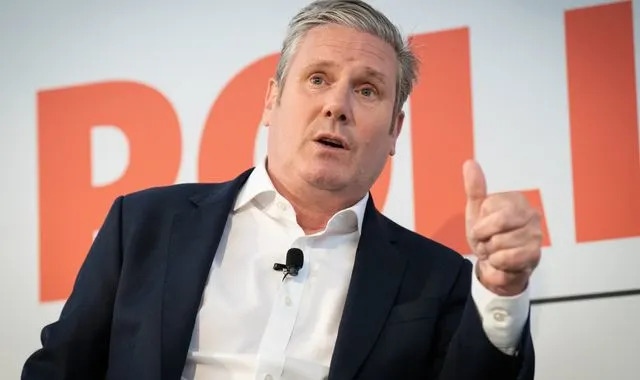LONDON'S MAYOR
Sadiq Khan awarded honorary fellowship for work on air qualityNoah Vickers
Tue, 27 June 2023

Sadiq Khan has been made an honorary fellow of the Faculty of Public Health (PA)
Sadiq Khan has been awarded an honorary fellowship by the Faculty of Public Health “in recognition of his leadership in tackling poor air quality”.
The award is the highest category of the association’s membership and is awarded to those who have made “exceptional contributions towards improving the health of the public”.
Professor Kevin Fenton, the association’s president, said the mayor “has shown his willingness to take on major challenges for London to improve the health, wellbeing and economic productivity of all Londoners”.
Mr Khan said he was “honoured” to receive the recognition “on behalf of all those who have worked so hard in London to improve air quality, save lives and reduce health inequality”.
As well as introducing hopper fares on buses and trams, the mayor has increased the cost and area covered by the congestion charge, and is expanding the Ultra low emission zone (Ulez) to cover the whole of Greater London from August 29.
The Ulez expansion plan has been criticised by the Conservatives, who say the expansion will do little to improve air quality while hitting people’s pockets during a cost of living crisis.
Air pollution scientists, doctors and environmental groups have meanwhile said the scheme is a vital step towards cleaning the capital’s air and reducing pollution-related illnesses and deaths.










